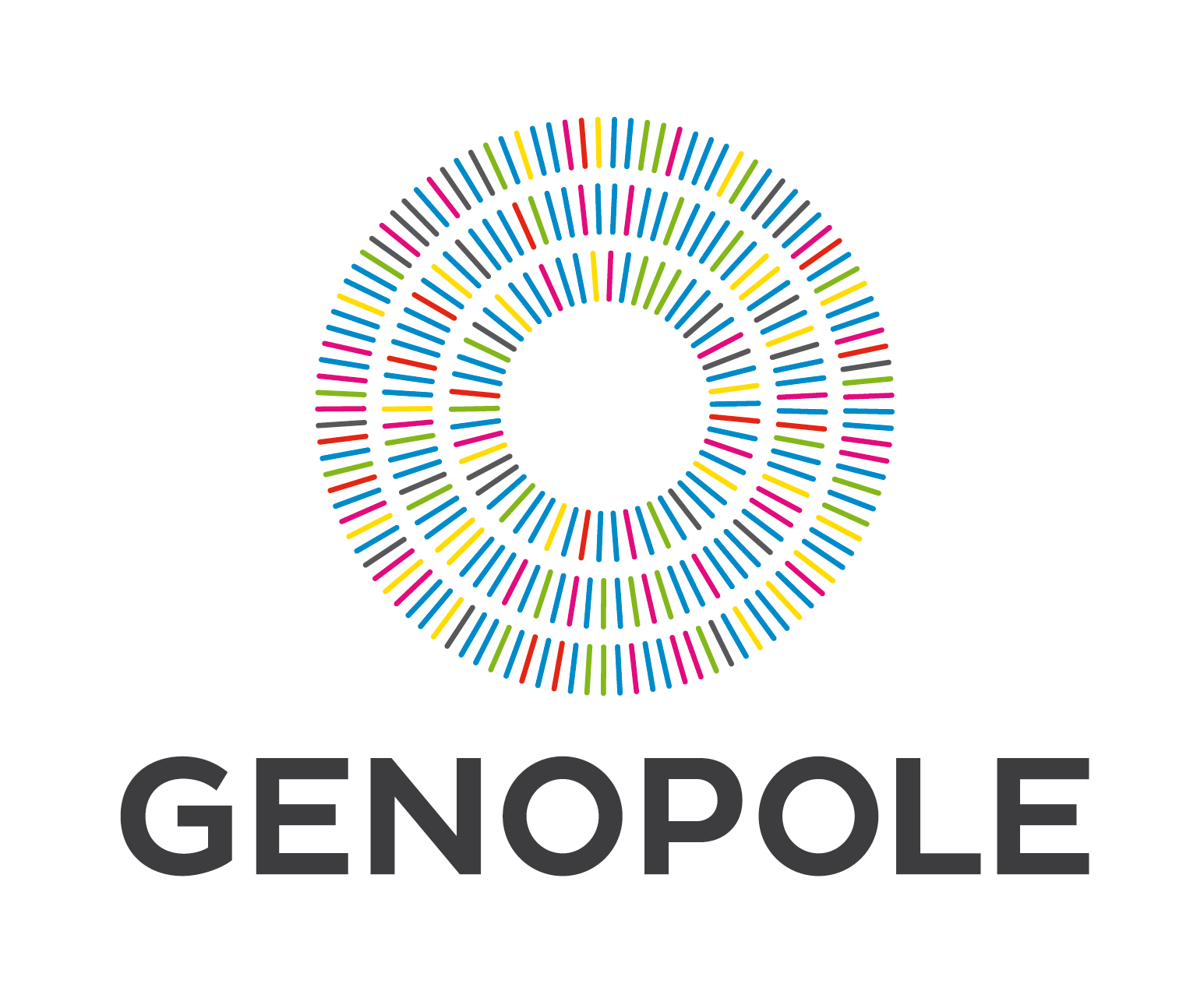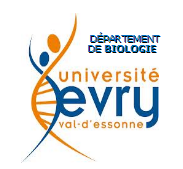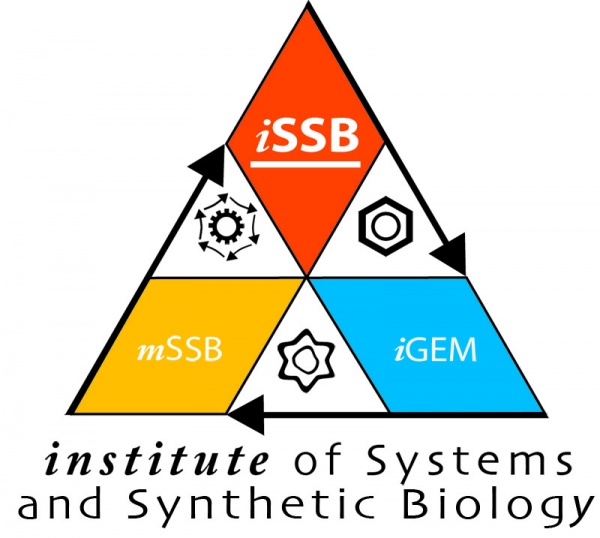Team:Evry/Modeling
From 2013.igem.org
| Line 37: | Line 37: | ||
</tr> | </tr> | ||
<tr width="100%"> | <tr width="100%"> | ||
| - | <td>< | + | <td><span text-align="center"><b>Programming environment</b></span></td> |
| - | <td>< | + | <td><span text-align="center"><b>logistic functions</b></span></td> |
| - | <td>< | + | <td><span text-align="center"><b>Chemical reasoning</b></span></td> |
</table> | </table> | ||
</p> | </p> | ||
Revision as of 14:00, 4 October 2013
Model overview
Introduction:
The modeling part heavily influenced the early stages of the project. In fact, before any biological result appeared, our simulations gave the preliminar hints to the team in the strategy to adopt for the iron-sensing inverter and the strategy to opt in the design of the capsule.
In the begining, the team's goal was to chelate iron in the duodenum, using bacteria that would flush through the duodenum. We made a qualitative model showing promising conclusions, but when we ran a metabolic model, we realised that the siderophore production is a very slow phenomenon. It is thus impossible to chelate the iron using a flush-strategy.
Then came the idea of a gel containing our bacteria, that would stick to the very begining of the Jejunum's wall. Among all the safety issues this strategy creates, the most important question that raised at this point was : "can our bacteria produce siderophores like crazy and still survive long enough to chelate a significant quantity of iron?". A Flux Balance Analysis helped solving this question.
Modeling Parts:
| duodénum | zoom sur les parois | bactérie | FBA |
Tools:
When working on a scientific project, it is always good to properly define and clarify the tools we are going to use. These pages contain the theorical background for our models:
 |
 |
 |
| Programming environment | logistic functions | Chemical reasoning |
 "
"













